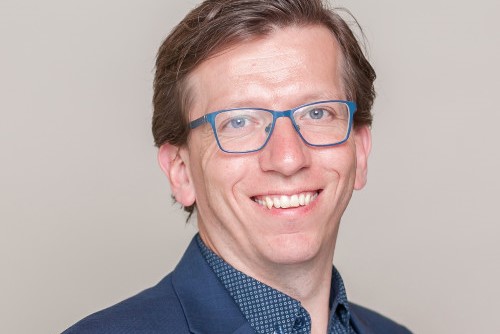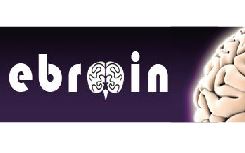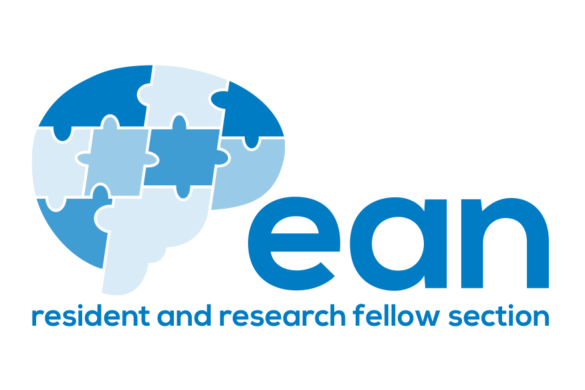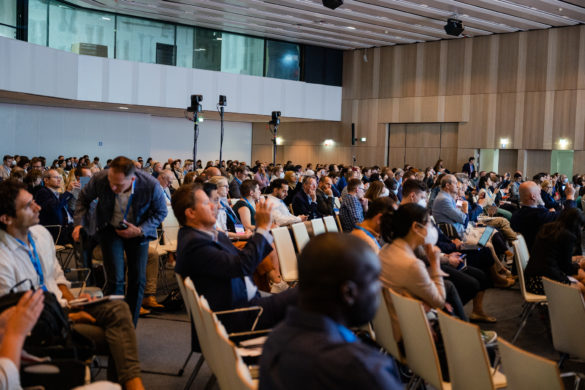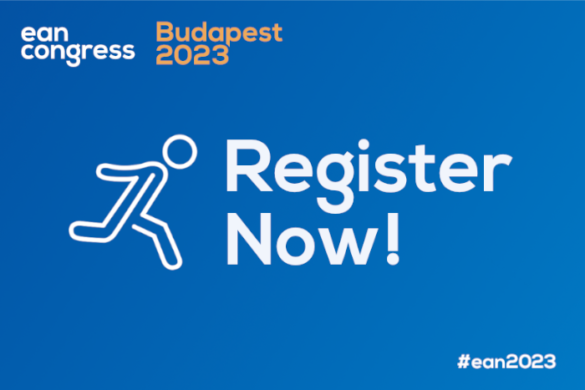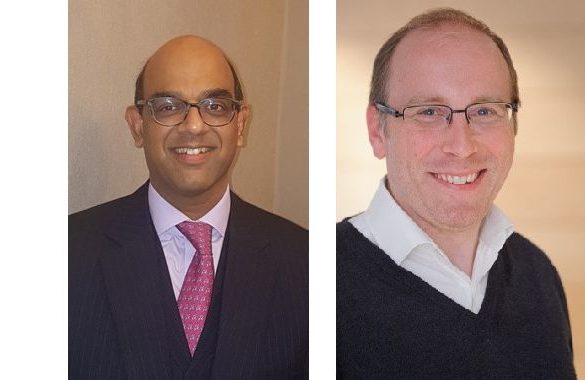
By Claudia Sommer
This new format was developed to share and improve knowledge on skills important for career development, independent of sub-speciality. This means, trainees and young professionals form all areas of neurology may find a course that matches their needs.
Topics may accompany a neurologist at various stages of the career. In the early stages, it may be important to improve the skills in how to write a good abstract such as to improve ones chances for acceptance at a congress. It may be how to write up a case or how to prepare a good poster. Later, it may be important how to write a good academic paper. More advanced topics may be how to plan and organize a clinical or scientific study; how to prepare a meta-analysis, how to apply for a grant, how to get a paper accepted. Also, for those involved in teaching and in giving exams, teaching skills and good question writing may be useful subjects.
Each course has a duration of 90 minutes with a maximum of 3 speakers, who are internationally well-known experts from different European countries. The number of attendees is unlimited, but may be restricted by room size, in which case a first come first serve rule will apply. These courses are free, there is no extra fee involved. Presenters will supply clear learning objectives and handouts for download from the EAN website.
An example of a career development sessions in Amsterdam will be “Abstract writing, poster and presentation tips for success at international meetings”. Imagine how many little mistakes you can avoid when preparing your abstract, poster, or presentation, when adhering to a few tips that the presenters will share with you. We all benefit from good posters and presentations, so if you are planning your first presentation, or if you think your last one was not as good as it might have been, please attend!
Another course meant for younger attendees is “Introduction to critical appraisal of the medical literature: 1- the therapy”. The course harbours a very interesting concept. Wouldn’t you like to make clinical decisions that take into account the scientific evidence and patient preferences both at the same time? This course will teach you how to do this by way of small-groups teaching and interactive sessions. Teaching materials will be sent out in advance, thus you need to register. This will be the first of a series of three on critical appraisal on therapy, diagnosis and prognosis to be developed in the next years. It is part of the project of the Guideline Production Group to create a widespread “evidence-based” culture within the EAN and to promote the participation of young neurologists in guideline production.
A further example in Amsterdam is the course on “Observational study design: the cohort studies”. Good cohort studies are a very valuable resource in clinical science – and bad ones are a waste of money and the researchers’ own time. Here you will learn important facts about study design for a successful cohort study.
One course centres around grant applications, it is called “The European Research Council (ERC): funding opportunities for investigator-driven research in Europe”. You will hear about these funding schemes, including first hand experience from successful grantees.
A topic that you might not so often have to opportunity to attend at a congress will be “EMA/EAN: a shared goal for excellence in neurology medicines in Europe”. Here you will learn how new active substances intended for treatment in Neurology will be assessed by the EMA before they are granted a licensing authorisation by the European Commission and can be marketed and finally available to patients. There are numerous activities linked to these medicines’ lifecycle from research and development to post-marketing safety surveillance that in one way or another will be related to your activity as a clinical researcher or as clinical practitioner, so this is the chance to inform yourself about these, and possibly become involved in the processes.
Finally, if you take part in a career development sessions in Amsterdam, please let us know what you liked, what you disliked, and if you have suggestions for improvement of this special EAN-format, do let us know!
Career Development sessions in Amsterdam 2017
Saturday, 24 June 2017;
Career Development Session 4: Abstract writing, poster and presentation tips for success at international meetings
Sunday, 25 June 2017;
Career Development Session 1: Observational study design: the cohort studies
Monday, 26 June 2017;
Career Development Session 5: The European Research Council (ERC): funding opportunities for investigator-driven research in Europe.
Monday, 26 June 2017;
Career Development Session 3: EMA/EAN: a shared goal for excellence in neurology medicines in Europe
Tuesday, 27 June 2017;
Career Development Session 2: Introduction to critical appraisal of the medical literature: 1- the therapy




